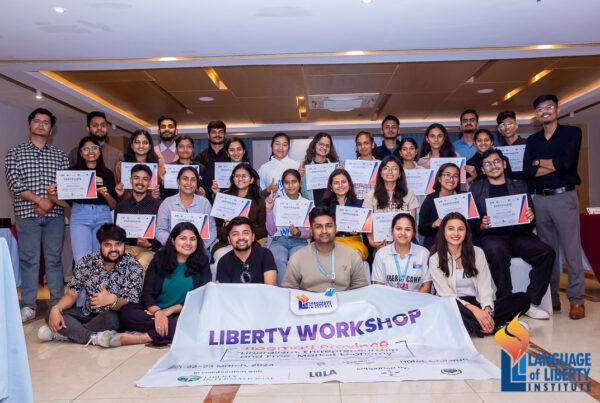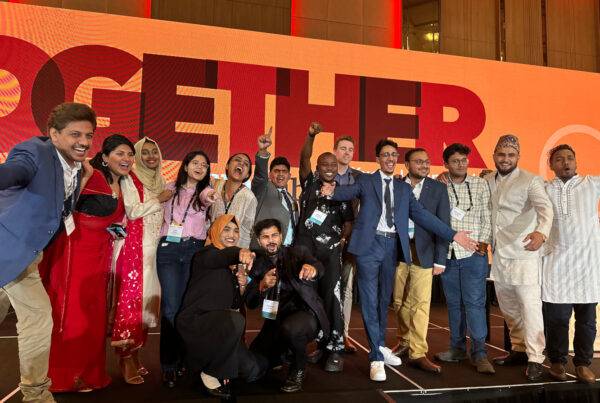The following article was submitted by Jack Blaylock, from Bali, Indonesia. To learn more about the World Conference on Market Liberalization in Bali, click here.
Many years ago I saw my first traffic accident in Bali. As a witness to this, prior to becoming a Libertarian, I was quite sure who was at fault, and I knew what the innocent driver should do:
Call the police!
I’d been brainwashed into that sort of response since kindergarten: If somebody calls me bad names, report it to the teacher. My sister hits me? Tell mommy. Drunk driver rams the back of my car? Why, call the police, of course. Passing off the responsibility to deal with unpleasant incidents and people in life to a select group of men who had a monopoly grip on authority was something I had taken for granted my entire life. It was “the proper way to handle it”. I presumed that a similar course of action would apply in this new foreign home of mine.
I was therefore astonished at what happened next.
Instead of calling the police, the two drivers got out of their cars, met on the side of the road, and started to discuss the incident. Neither party tried to flee, shuttered with fear, or resorted to violence. They cordially welcomed each other. Moreover, not only did they start discussing it as free agents, bystanders who had witnessed the incident came over and chimed in with their opinion as to who was right and who was wrong. There was not an immediate, unanimous decision. Everyone had their own opinion. As I since came to learn, this is the standard way such disputes are handled here: In Bali, calling the police is considered the action of last resort. It’s an embarrassment, and sign of total social failure.
15 minutes later an agreement and settlement was reached. Both parties drove away and the crowd disbursed, leaving the road prepared for yet another accident, sure to happen at some future moment. I don’t know if the agreement between those two drivers was fair and equitable. I have no idea if “justice” was done, or if each side was happy and satisfied.
But here is what I do know:
I witnessed on that day a spiritual and societal maturity that trumped everything I had heretofore witnessed regarding unpleasant interactions between two humans: they did not rely on the monopolistic authority of other men who had nothing to do with the incident, by calling the police. Instead, they faced the entire affair themselves and sorted it out. I’m not normally an emotional guy. But I stood on the side of the road that day and felt a few of those tears that only come to you during the moments you recognize profound beauty.
The Balinese style of problem solving is not limited to traffic accidents. There are many practical applications of it, and here it is in a nutshell:
Handle your problems with others yourself: immediately and directly with the person who has aggrieved, harmed, or offended you. If you need help, call upon the bystanders. The one thing you must NOT do, unless all other avenues have been tried, is call the police. To a Balinese that is a spiritual and moral failure.
The negotiation that takes place at such an accident may or may not involve insurance companies. There is no law here that says you must have car insurance: if you are willing to take the risk of not having insurance, nobody stands in your way. The settlement may involve cash, a trade of some sort, an IOU, or even forgiveness. The point to be made is that whatever is settled upon, it is come about by two or more free humans negotiating their own sense of justice*.
Is it always fair? Does it always result in justice and a perfect outcome? No. Not always. But most of the time it does. And the lessons in human dynamics, interaction with your fellow man, communication, self confidence and negotiating skills you develop from using this system are so valuable and important for the growth of the soul and maturity of society that it is still worth doing it this way even if you lose. These lessons are immeasurably more valuable then what you will learn by handing your problems with others over to authority figures.



